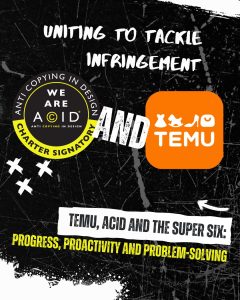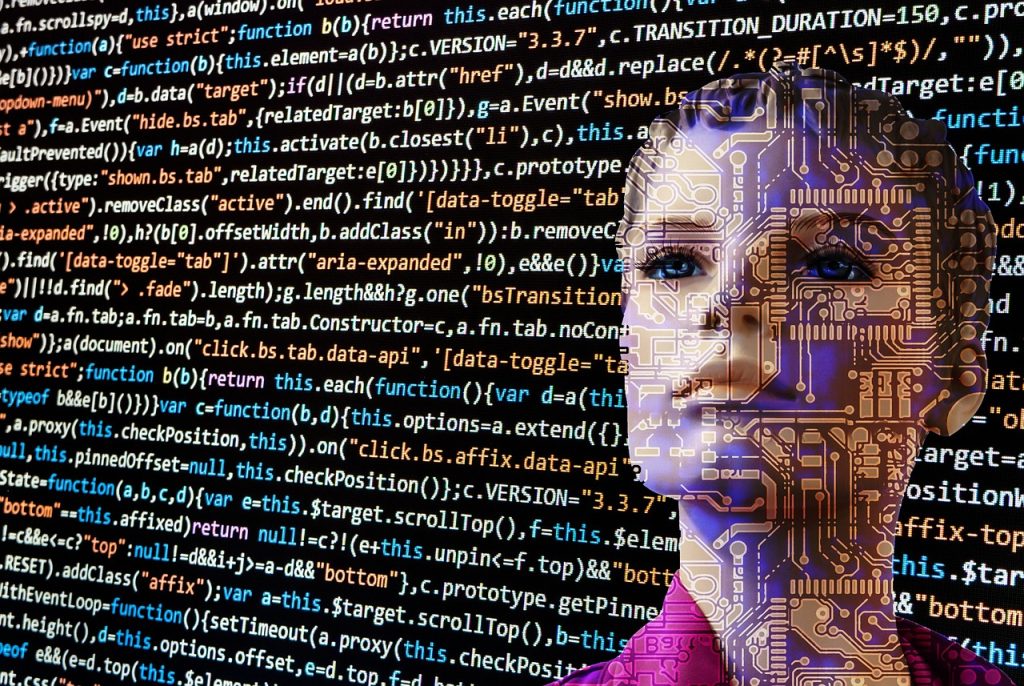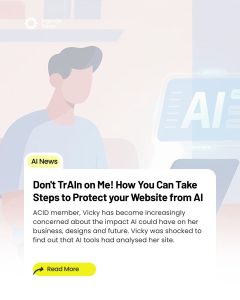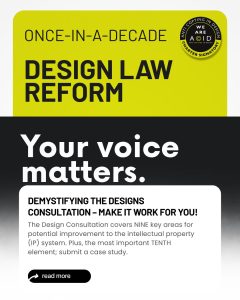

Opening the debate, which lasted over three hours, Lords Ravensdale said: “AI is the most important technology of our generation. It will cause significant upheaval right across the economy, good and bad. We in Parliament need to be thinking about this area and talking about it a lot more than we are. It should be right at the top of our agenda.“
Lord Londesborough added: “While AI looks set to have a transformative impact on our working practices, as the digital world has done, the big question remains over the net impact on economic growth. As with the digital economy, the risk is that AI may ultimately lead to a few dominant tech giants with huge market share, and further skew the distribution of wealth.“
Viscount Camrose (Conservative), Minister for AI and Intellectual Property, responded on behalf of the government: “We are taking action to establish the right guardrails for AI. The AI regulation White Paper, published this March, set out our proportionate, outcomes-focused, and adaptable regulatory framework…We will ensure that there are protections for the public without holding businesses back from using AI technology to deliver stronger economic growth.“
For the full debate see Hansard’s reportage here
Dids Macdonald OBE, CEO of ACID said, “I asked ChatGPT to summarise the debate in five hundred words. It took 12 seconds!” ChatGPT summary is very much a sanitised version (clearly without the human nuances of an excellent debate with expert contributions). These covered a plethora of excellent viewpoints about the positive, negative and worrying aspects of AI. However, reading the Hansard record gives a comprehensive value of human debate around an extraordinarily complex subject. The verdict? From the perspective of, in most of the debate, a balanced, informed, and detailed contribution, I would take the time to read the full reportage any time.
From a creative industries perspective we are calling on the Government for nimble, informed thinking translated into visionary futureproofing of creative work via carefully thought-out policy and agile regulation, which is essential to establish the relationship between IP and generative AI. Whilst balancing the needs and expectations of consumer choice and the UK’s government ambition for digital growth, there must be safeguards to provide trust and confidence to innovators and investors.
Some further key questions remain to be debated to find solutions: Is there a need for legislation/regulation? Licensing – how can an opt in opt out be realistic and fair for AI developers and IP creators – should licensing of IP be compulsory for AI developers? What are the parameters for Fair Use? What are the models being used nationally and internationally to create global standards? Should there be disclosure to users/consumers to distinguish between human and AI generated content?”
CHATGBT SUMMARY (five hundred words)
In this speech, the speaker thanks Lord Ravensdale for initiating a debate on establishing guardrails for AI, acknowledging it as one of the most pressing issues of our time. They express gratitude to all the noble Lords for their persuasive and impactful contributions to the debate.
AI is already a part of various digital services and holds promise for future innovations like medical breakthroughs and driverless cars. There are significant opportunities for economic growth and productivity, with some analysts predicting a tripling of growth in economies embracing AI.
However, along with opportunities come new risks, such as biased data amplification and the potential dangers of super-intelligence. The speaker emphasizes the need to address these risks for public trust and successful AI implementation.
The AI regulation White Paper outlines principles for responsible, safe, and reliable AI innovation, complemented by tools for trustworthy AI, including technical standards and assurance techniques. The government has allocated funding for exascale compute and AI research to strengthen the evidence base for trustworthy AI.
Stakeholder inclusion and collaboration are essential, and the government has engaged with various groups and organizations, including start-ups, scale-ups, civil society, and trade unions.
Ethical considerations are at the core of their approach, with values-based principles aligned with the OECD. The government is working on horizon-scanning and risk assessment to identify and address AI risks rigorously.
Regarding copyright protection for AI-generated content, the government believes that copying works to extract data without permission infringes copyright, and the involvement of both AI and creative sectors will help create a balanced code of practice.
AI’s impact on the labour market is acknowledged, with potential for both job creation and disruption. The government is working on research to understand the skills needed for effective AI use and exploring how AI might support jobseekers.
AI deployment in the workplace requires consideration of various regulatory frameworks, including data protection, human rights, health and safety, and employment law. Contestability and redress are emphasized to protect rights in the workplace.
The impact of AI on journalism is being considered, and the government is engaging with media stakeholders on the matter. The Online Safety Bill will address illegal content and misinformation produced by AI.
The UK’s global leadership on AI is recognized, and the government is actively collaborating with international partners through various forums and initiatives, including hosting the first major global summit on AI safety.
In conclusion, AI presents both opportunities and challenges, and the UK aims to lead in establishing rules and mechanisms for responsible AI innovation while ensuring public safety.
Spread the Word

Latest News





Newsletter Sign-Up
| Cookie | Duration | Description |
|---|---|---|
| cookielawinfo-checkbox-analytics | 11 months | This cookie is set by GDPR Cookie Consent plugin. The cookie is used to store the user consent for the cookies in the category "Analytics". |
| cookielawinfo-checkbox-functional | 11 months | The cookie is set by GDPR cookie consent to record the user consent for the cookies in the category "Functional". |
| cookielawinfo-checkbox-necessary | 11 months | This cookie is set by GDPR Cookie Consent plugin. The cookies is used to store the user consent for the cookies in the category "Necessary". |
| cookielawinfo-checkbox-others | 11 months | This cookie is set by GDPR Cookie Consent plugin. The cookie is used to store the user consent for the cookies in the category "Other. |
| cookielawinfo-checkbox-performance | 11 months | This cookie is set by GDPR Cookie Consent plugin. The cookie is used to store the user consent for the cookies in the category "Performance". |
| viewed_cookie_policy | 11 months | The cookie is set by the GDPR Cookie Consent plugin and is used to store whether or not user has consented to the use of cookies. It does not store any personal data. |